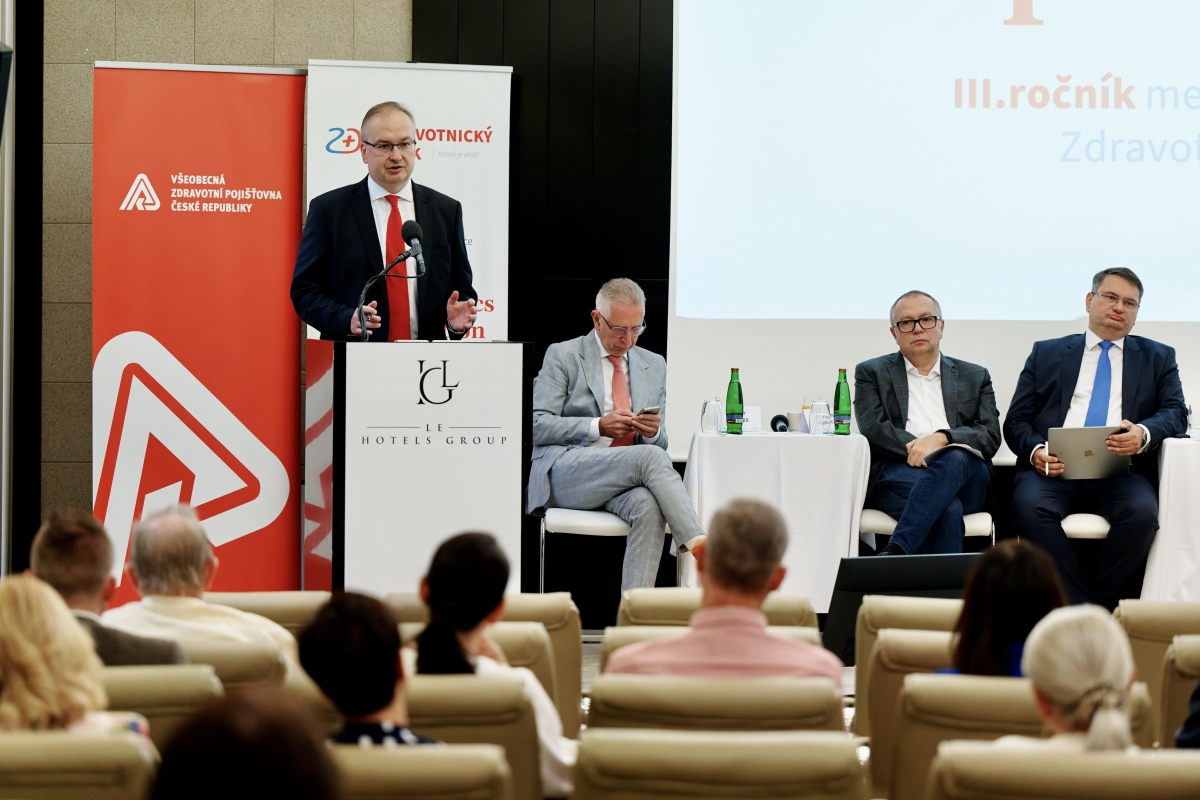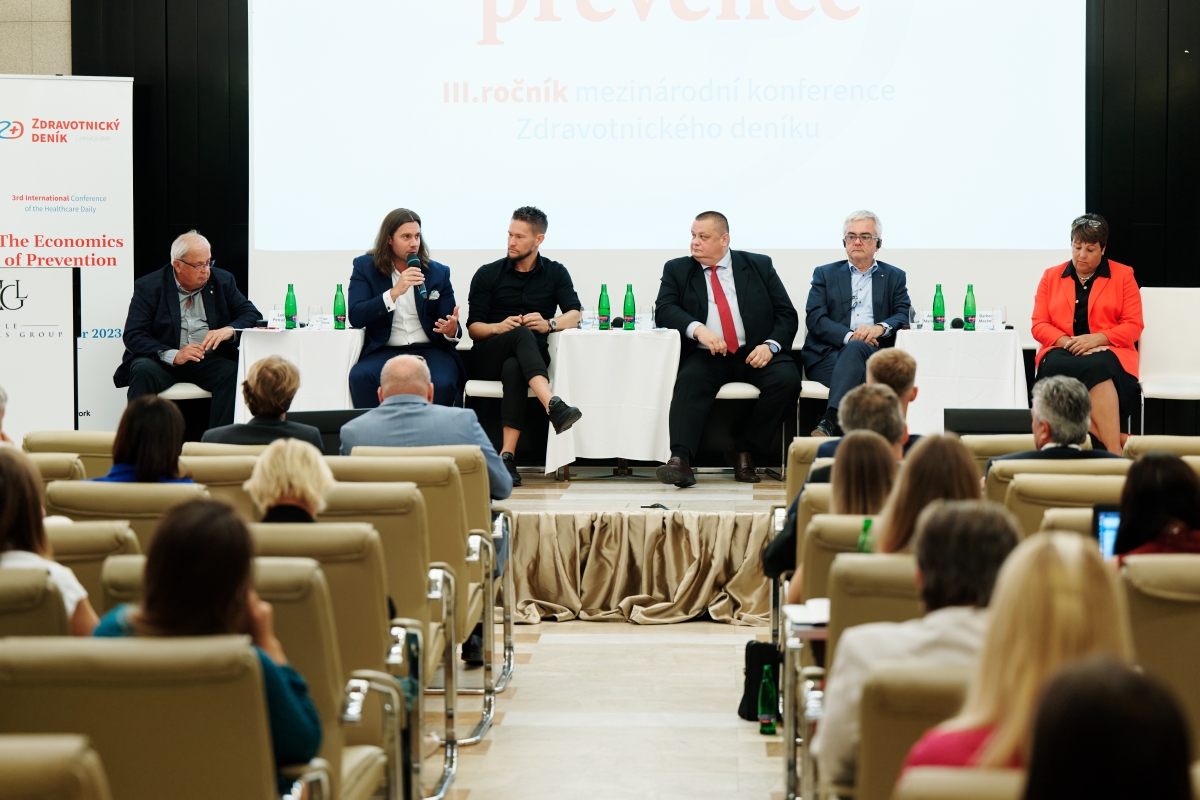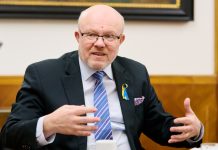Health spending increased in every country after the pandemic and will never return to previous levels. However, there are limits to the health budget, which is why we need to focus on education and prevention. Professor Andrzej Mariusz Fal, Head of the Allergy and Pulmonary Diseases Clinic at the National Institute of Medicine in Poland and President of the Polish Society for Public Health, said this at the third annual Healthcare Daily’s Economics of Prevention conference.
According to the professor, chronic diseases start to occur after the age of 40 and after the age of 60 a person can have three chronic diseases. This is due to various risk factors such as alcohol, tobacco and poor diet. Although the number of people living to an older age is increasing, the number of chronic diseases is also increasing. This means that health care costs are also increasing. „We spend about 1,200 Polish zloty (about €260) per patient up to the age of 65, but after that age it triples. We live in a world where healthcare is increasingly needed, but we don’t have enough money for it,“ he says.
Professor Fal pointed out that the more money that goes into a country’s health system, the longer the life of its population. However, over the past four years, partly because of the pandemic, health care spending has increased significantly. „Once spending goes up, it never returns to the same level, even after the pandemic is over. High-income countries spend about a fifth of their budgets on health care. The problem is that we no longer have a way to increase the health budget, so we need to improve education and prevention,“ said the president of the Polish Society for Public Health at the beginning of the conference.

Lifestyle changes are needed
Countries must therefore find new sources of funding for healthcare, as some health services may become unaffordable. The World Health Organization (WHO) has set achievable targets for 2030. „One set of these targets relates to well-being and good mental health. Here we are not talking about inpatient and outpatient care, but about lifestyle. The WHO said a decade ago that the only way not to go over budget is to change lifestyles,“ Fal pointed out.
It has also been calculated that the investment in prevention exceeds the money saved on healthcare several times over. For example, one US dollar invested in smoking prevention can yield eight dollars. „Every dollar invested in prevention reduces health care spending. If we change behavior patterns, it will have a positive impact on income. That means our quality of life will improve. That’s why we need prevention,“ the professor stressed.
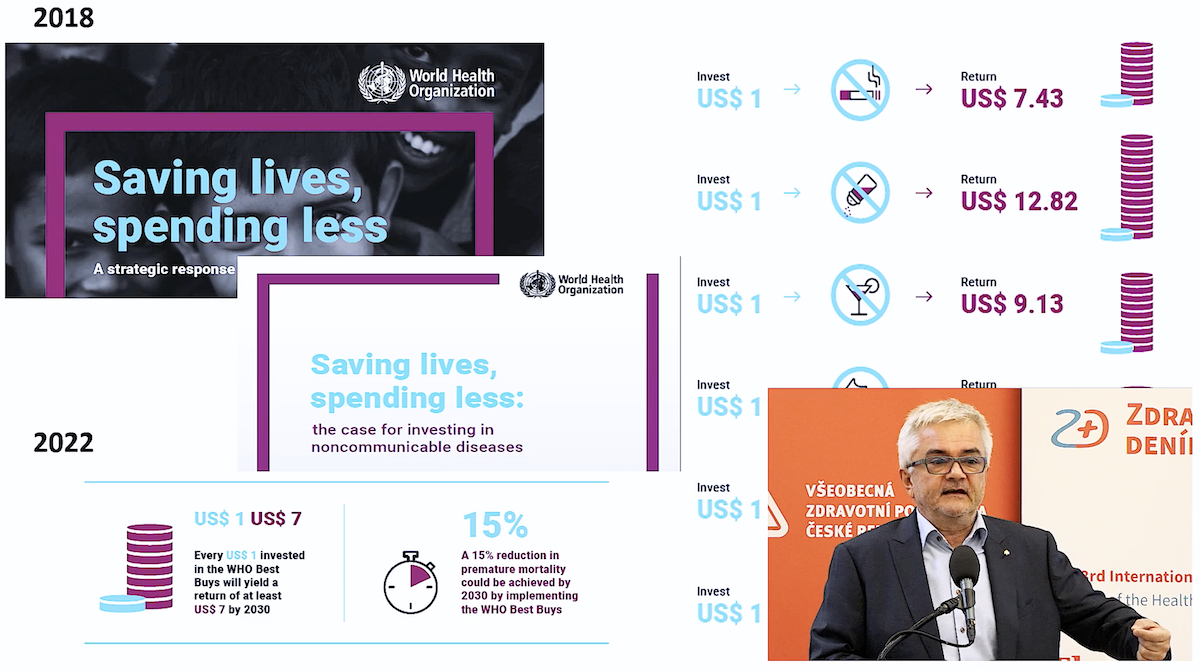
According to Fal, people think of prevention as early screening by a doctor, but that is secondary prevention. Countries, however, should focus on what is called primordial prevention, which can pay for itself up to 12 times over. „This is about education, for example. Tell children at school that smoking is harmful and let them tell their parents who smoke. If you go this way, most children will never start smoking,“ said the president of the Polish Society for Public Health, adding that higher excise duties on alcohol, cigarettes, soft beer and e-cigarettes would also help.
According to the professor, Sweden and New Zealand are exemplary countries in the fight against smoking. Sweden, he said, was the first European country to be cigarette-free – this year they had only five per cent of smokers. They also have the fewest cancers in Europe, or the fewest lung and respiratory cancers. Another example is New Zealand, which will no longer sell cigarettes to certain groups. „When you come of age this year, you won’t be able to buy cigarettes there. They have been teaching the population not to smoke for about 20 years. At the same time, the excise duty has been increased by ten percent. Before, they only sold cigarettes to adults and in 15 years they will ban them for everyone,“ he said.

There are also indirect costs
Professor Fal also pointed out that there are also indirect costs within the healthcare system. These arise, for example, when an employee falls ill and does not come to work. Industry in the United States, for example, loses about the same amount of money through employee absenteeism as is spent on their healthcare.
In addition to tobacco, alcohol is also a problem. After the pandemic, according to statistics, there is slightly less drinking, but people who drank before the pandemic are now drinking 30 percent more. There are also some indirect costs, including damage from accidents, an increase in crime and so on. However, alcohol consumption is the only area where the WHO believes it would be enough for people to reduce their consumption. „Of course have a good glass of wine in the evening, but don’t overdo it,“ Fal warned.
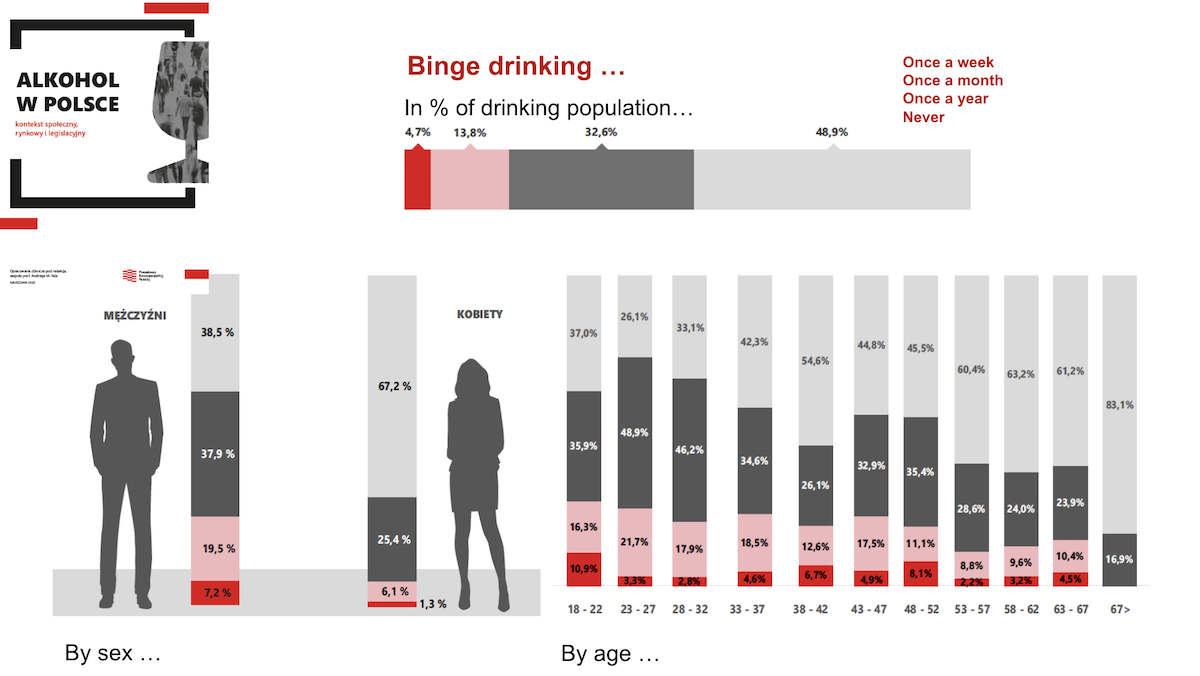
„But we must not forget that prevention is the most effective way to fight disease. Secondly, it is lifestyle change that is the cheapest way to prevent non-communicable diseases, which are responsible for the largest proportion of premature deaths. In Poland, for example, they account for 90 percent of all premature deaths. So we need to focus on investing in prevention in order to have an impact in the shortest possible time,“ he added.
Miroslav Homola
Photo by Radek Čepelák
We would like to thank the General Health Insurance Company, National Sports Agency, RBP, Health Insurance Company of the Ministry of Interior of the Czech Republic, Military Health Insurance Company, EUC Medical Group and Sprinx for their support of the conference.
